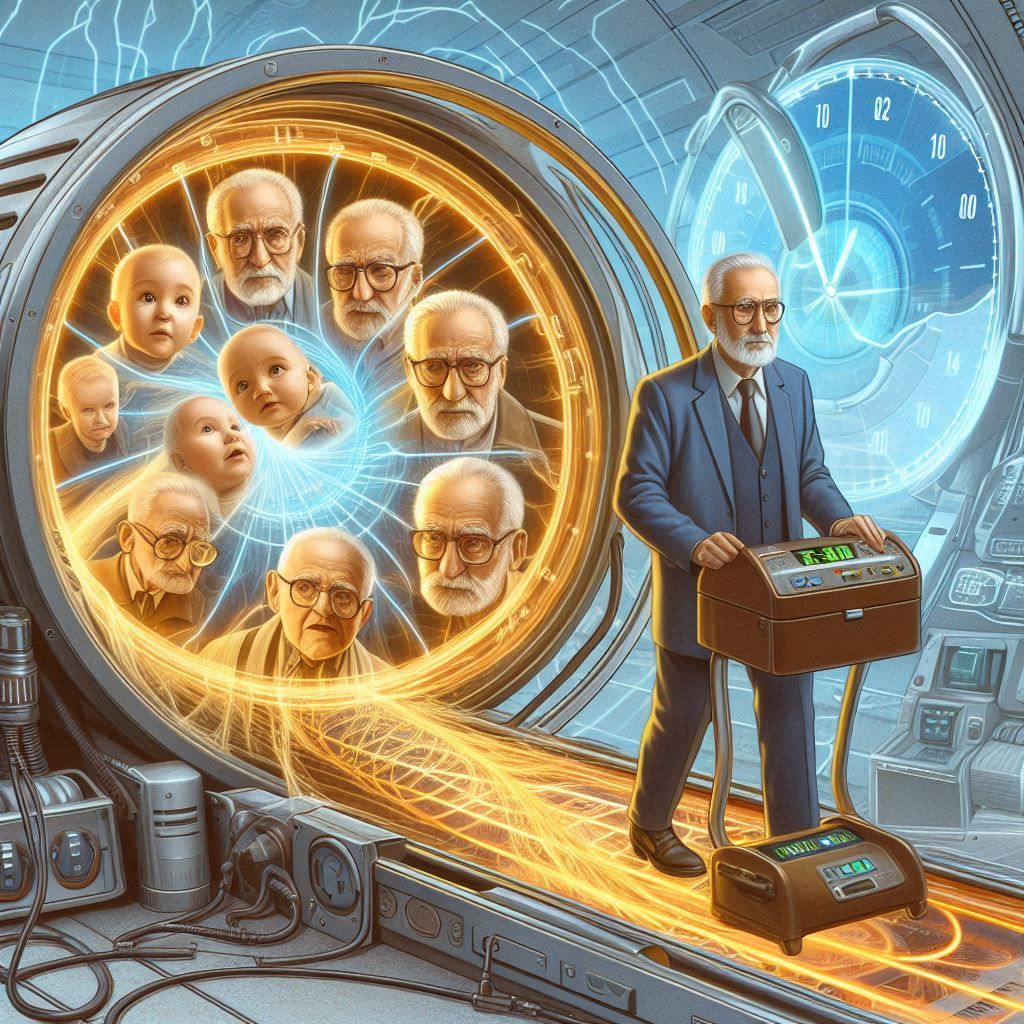How do significant life events or the passage of time influence your perspective on life?

Life is a series of initiations, each event marking the beginning of a new phase that reshapes our thoughts, beliefs, and sense of self. From the moment we take our first steps into the world, our physiological and psychological systems are constantly adapting to the demands of these transitions. Each phase brings its own challenges, rewards, and transformations, influencing how we perceive life and our place within it.
The earliest major life event for many of us is going to school. This is often our first taste of independence, a physiological and emotional shift from the safety of home to the broader world of exploration. Initially, this change might trigger anxiety or tears—a natural stress response to unfamiliar environments. But soon, our bodies and minds adapt. We begin to crave the freedom to explore, to push boundaries, and to learn. This phase lays the foundation for our cognitive and emotional development, as we start to understand the world beyond our immediate surroundings.
As we enter adolescence, the yearning for freedom evolves into a deeper search for individuality. Physiologically, this is a time of rapid hormonal changes, which influence our emotions and behaviors. The brain’s prefrontal cortex, responsible for decision-making and self-control, is still developing, which explains the rebellious streak often associated with teenagers. We begin to reject the group identity imposed on us, striving instead to define our unique selves. This phase is marked by a physiological and psychological struggle—balancing the need for independence with the desire for acceptance.
For many, the next significant phase is the transition to higher education or professional training. For me, this meant studying engineering at university. This stage is characterized by intellectual exploration and innovation. The brain’s capacity for abstract thinking and problem-solving is at its peak, and we begin to seek meaning and belonging. Whether through academic pursuits, religious groups, or social circles, we search for a place where our individuality is accepted. This phase often involves forming deep friendships and engaging in collaborative endeavors, which further shape our identity and worldview.
Entering the workforce marks another profound shift. The focus turns to building a stable career and achieving financial independence. Physiologically, this phase is driven by the brain’s reward system, as we derive satisfaction from accomplishments and recognition. However, it’s also a time of breaking free from past influences and challenging existing beliefs. Spiritually, we may explore new paths, seeking answers to life’s bigger questions. The drive to succeed is strong, but the eagerness of youth is often met with skepticism from those who have already navigated this phase.
For me, the pendulum swung back to individuality when I left formal employment to start my own business. The thrill of controlling my destiny was empowering, and the physiological response to this newfound freedom was exhilarating. Success built upon success, and the brain’s reward pathways were constantly activated. However, life has its ups and downs, and the economic decline forced me to let go of that dream and return to traditional work. This shift required a different kind of self-reliance—a professionalism rooted in the experience I had gained. Networking gave way to internal relationship-building, and spiritually, I entered a phase of disillusionment, questioning whether there was any ultimate truth.
Yet, just as we adapt physiologically to new environments, we also adapt spiritually. Over time, I began to find my footing, both professionally and spiritually. The rigid dogmas of the past were replaced with a more inclusive and expansive outlook. This phase of life—what I call the “prime time”—is marked by a sense of settling into one’s expertise and spiritual path. People respect your experience, but you also become acutely aware of the next inevitable phase: retirement and aging.
As I approach this new chapter, I wonder what it will bring. Physiologically, aging involves a natural decline in certain bodily functions, but it also offers opportunities for growth in other areas. Spiritually, it may be a time of deeper reflection and acceptance. Each phase of life is a learning experience, an opening to new opportunities to fully embrace the richness of existence.
In the end, life’s transformative phases are not just about external events—they are deeply rooted in our physiological and psychological responses to change. Each initiation reshapes our perspective, guiding us toward a deeper understanding of ourselves and the world around us. And as we move through these phases, we continue to adapt, grow, and evolve, ever seeking to experience life in its fullest expression.
